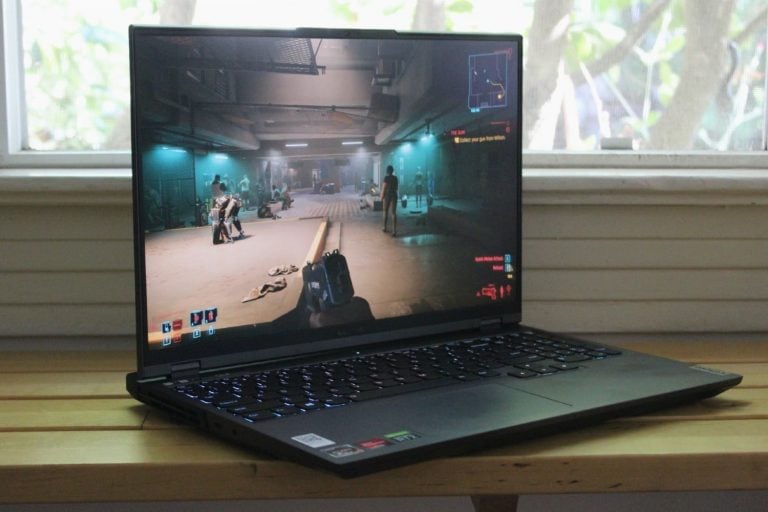7 Common Mistakes with Cleaning Solar Panels and How to Avoid Them

Are you part of the solar surge?
Twenty-two million Americans installed solar panels in 2022. If you want to switch to a residential solar system, it’s time to buy solar panels. Or do you already have solar panels installed on your roof?
Regardless, learning how to clean solar panels correctly would be best. Improper cleaning can damage your panels, costing you money and time.
Here are a few common mistakes with cleaning solar panels.
1. Over-Cleaning
Over-cleaning solar panels is one of the most common mistakes when maintaining them. Doing so can lead to reduced performance over time.
You should only clean your solar panels if necessary.use too much pressure when cleaning, as this could scratch and damage the panels.
Doing so can help ensure that your solar panels stay in working condition for a long time, which results in significant savings. If you want to maximize your savings, you can check Blue Raven Solar.
2. Using Abrasive Materials
Using abrasive materials is another common mistake when cleaning solar panels. Abrasive materials can scratch the surface of the solar panel. It can reduce the amount of energy produced by the panel.
To avoid this, use a soft cloth or soft bristle brush when cleaning solar panels. Avoid using harsh chemicals such as bleach or acid to clean your solar panel.
Liquid soap and warm water can help loosen dirt and debris from the solar panel’s surface. Other non-abrasive items, such as a vacuum or window cleaner, can also be used.
Read the manufacturer’s instructions when cleaning, and rinse the cleaner off the solar panel afterward. Not using abrasive materials when cleaning solar panels can help ensure that your roof’s solar panels will last for many years and give optimal energy production.
3. Neglecting Safety Precautions
When cleaning solar panels, be sure not to neglect safety precautions. You could expose yourself to dangerous heights or slippery surfaces without proper safety procedures.
To avoid this mistake, always obey the instructions for safely climbing up to and maneuvering around the roof or panels. Wear protective gear, like a safety harness, thick gloves, and a long-sleeved shirt, to minimize the danger of electric shock in case of unforeseen malfunction.
Inspect the system before cleaning and use only approved liquid solutions to avoid chemical damage. If done incorrectly, the chemical can be inadvertently transferred to the surrounding environment, where plants and animals are at risk.
Adequate precautions must be taken when cleaning solar panels for the technician’s safety and to preserve the environment.
4. Using the Wrong Product
Many people tend to use regular window cleaners, which contain ingredients that have been found to damage the solar panels’ protective coating. Wrong solar panel cleaning supplies can cause streaking, compromising the panel’s effectiveness.
Buying cleaning supplies specifically designed for solar panels is best to avoid this mistake. These products are typically non-harsh and designed to be gentle on solar panels without compromising performance.
When cleaning the panels, avoiding overly harsh cleaning products, scrubbing too vigorously, or using sharp objects or abrasives is essential. By being gentle and using specialized cleaning supplies, you can ensure the solar panel’s longevity and save on solar maintenance costs.
5. Using Too Much Product
In many cases, an excessive amount of cleaning product, such as a detergent, can reduce the efficiency of a solar panel’s output. Not only will over-application of a cleaning product reduces efficiency, but it can also leave visible residues on the panels, which will stand out when sunlight strikes the panels.
To avoid this mistake, use only a tiny amount of the product at a time and soft sponges to apply it to the photovoltaic cells. Also, take extra care to ensure that the product is thoroughly mixed and diluted, as too-concentrated solutions can damage the cells. Rinse the panels with clean water and ensure no detergent residue is left behind.
Using the correct amount of product and diluting it correctly can help to ensure that solar panels are cleaned effectively and efficiently.
6. Not Using Enough Water
To properly clean the solar panels, they should be thoroughly sprayed with a hose or sponge before mild soapy water removes the dirt and debris. This purging will ensure the panel is watered and mixed with soap to scrub the surface.
However, too little water can cause dirt and debris to stick to the panels, making them difficult to clean. To avoid this, use more water and, if needed, spray the panel more than once to make sure it’s thoroughly soaked and the debris is removed.
Never use a power washer or any cleaning agents that may be too harsh; these can damage the surface of the solar panel, reducing its efficiency and longevity.
7. Not Cleaning Regularly
Solar panels should be cleaned at least once a year, as a buildup of dirt and debris reduces their effectiveness and increases the risk of damage to the panels. Checking panels for soiling is essential, as dirt or debris can block sunlight from reaching the panel.
Poorly maintained panels can decrease the efficiency of your system and can even cause safety issues, so make sure to have solar panel maintenance regularly.
Know These Common Mistakes With Cleaning Solar Panels
Cleaning your solar panels has been essential to maintaining them over the years. It’s easy to make common mistakes like over-cleaning, using abrasive materials, neglecting safety precautions, using the wrong product, using an excessive product, not using enough water, and not cleaning regularly.
With some research, proper tools, and caution, you can easily avoid mistakes with cleaning solar panels. Keep your solar panels looking and performing their best by researching thoroughly and following this guide when cleaning them!
If you find this article helpful, check out the other blogs on our site.






